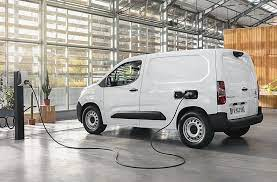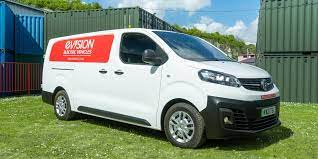If you’re looking to replace your van in the near future, you might be wondering whether you should buy a petrol, diesel, or electric vehicle. Many people are making the switch to electric for the environmental benefits, but is it as simple as that? Let’s look at the pros and cons.
Pros of electric vans:

Environmentally Friendly: Unlike cars that run on fossil fuels, electric cars don’t produce any emissions while you’re driving. This has a huge benefit on air quality.
Easy to drive: Most electric vehicles are automatic, which makes them easier to drive than a regular car with a manual gearbox. If you’ve never driven an automatic before then it’s worth taking a drive in one. If a test drive isn’t enough, then you could hire a car. Google ‘van rental Bristol’, for example, and you’ll find useful sites like autolynecarvanrental.co.uk.
Corporate social responsibility: Whether you’re a small business looking for good PR or a larger business making your net zero plan, using an electric vehicle makes good business sense.
Cons of electric vans:
Less payload: Perhaps the biggest issue with electric vans is that they don’t have the same power as a fossil-fuelled van. If your vans regularly carry heavy goods or equipment, then electric may not be the best solution for you.
Higher costs: Although there are lower running costs on an electric van, there is a higher investment upfront because they are more expensive than the alternatives. Because of this, you’ll have to wait a while to see the cost benefits.

Finding chargers: If your vans travel short distances, then your charging point at head office will be enough to keep your fleet fuelled. However, if your vans need to do longer journeys, then you will need to factor in charging time to your routes.
There’s a lot to think about when buying a van, but we hope this list gives you the basics.
